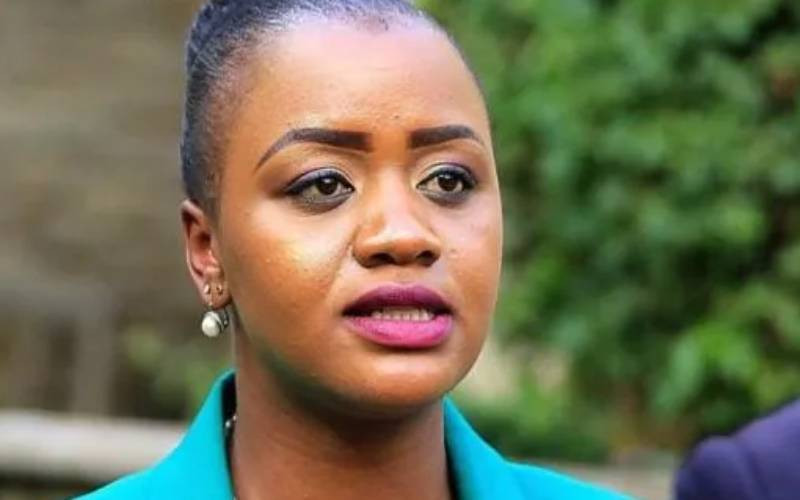×
The Standard e-Paper
Home To Bold Columnists

It would require a "miracle" for Charles Kanyi, alias Jaguar, Catherine Waruguru, Karen Nyamu and Peris Tobiko to make it to the next Parliament.
On Wednesday, July 27, the Independent Electoral and Boundaries Commission (IEBC) published the lists of all political party nominees to the 13th Parliament, which takes office after the August 9, 2022 General Election.